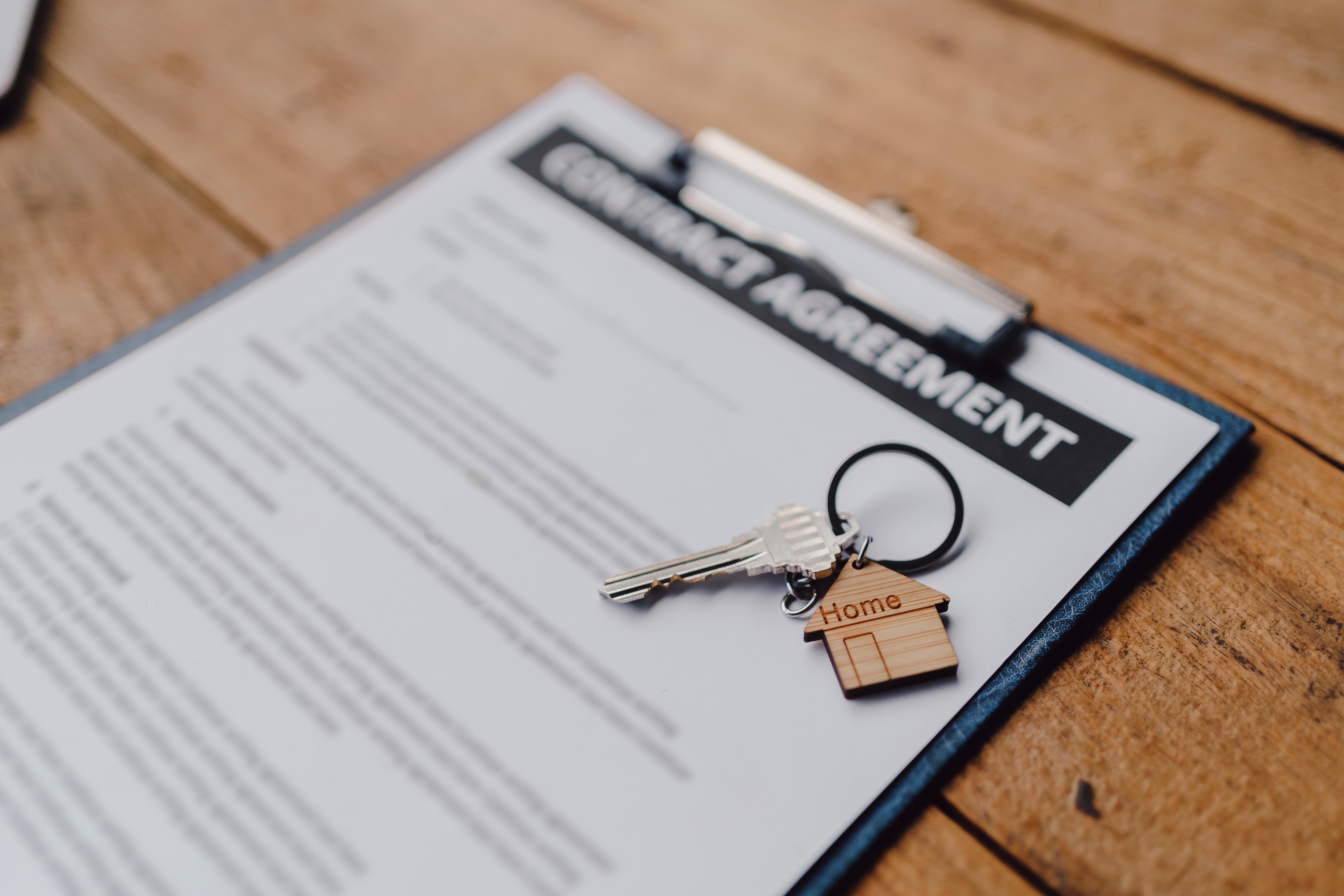
Why a tenancy agreement matters
A tenancy agreement is more than just paperwork; it’s a legal contract that sets out the rights and responsibilities of both tenants and landlords. A clear agreement protects everyone involved, ensures smooth communication, and helps prevent disputes.
Key elements of a tenancy agreement
Names and details of the parties
The agreement should clearly state the names of the landlord (or letting agent) and all tenants. This ensures accountability and clarity on who is responsible for what.
Property details
Include the full address, a description of the property, and furnishings or appliances. This avoids misunderstandings about what exactly is being rented.
Term of the tenancy
Specify whether it’s a fixed-term tenancy (e.g., six months or one year) or a periodic tenancy that rolls on a week-to-week or month-to-month basis. Include start and end dates if applicable.
Rent and payments
Clearly state the rent amount, when and how it should be paid, and any additional charges, such as service fees or contributions to utilities. Include what happens in case of late payments.
Deposit details
Include the deposit amount, how it will be protected (via a government-approved scheme in England, Wales, or Scotland), and the conditions for its return at the end of the tenancy.
Responsibilities for repairs and maintenance
Outline who is responsible for day-to-day upkeep, major repairs, and reporting issues promptly. This helps prevent disputes about whether damage is the tenant’s or landlord’s responsibility.
Rules on property use
Include any restrictions on pets, smoking, or subletting. Setting expectations upfront protects the property and helps avoid conflicts.
Ending the tenancy
Explain how either party can give notice, the required notice periods, and procedures for returning the property at the end of the tenancy.
Signatures
Both tenants and landlords should sign and date the agreement to make it legally binding.
Extra tips for tenants and landlords
- Read carefully: Don’t rush through the agreement, ensure you understand all clauses before signing.
- Keep a copy: Both parties should retain a signed copy for reference.
- Seek advice if unsure: A letting agent or legal adviser can clarify complex points.
Why a strong agreement matters
A well-drafted tenancy agreement provides peace of mind. Tenants know their rights, landlords know their responsibilities, and both can enjoy a smoother renting experience. Clear agreements can even prevent costly disputes over deposits, repairs, or property use.
Contact us today for expert guidance on creating, reviewing, or signing tenancy agreements that protect everyone and make renting simple
